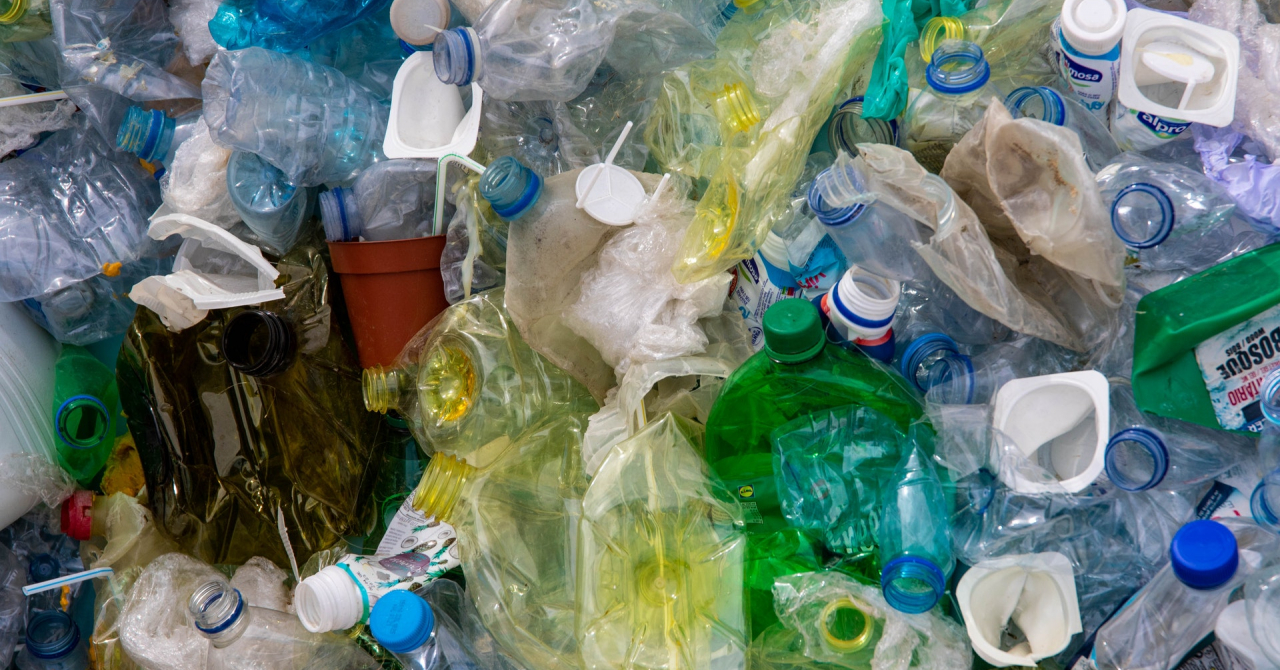According to a report published by WWF, 88% of marine species it studied are affected by severe contamination of plastic in the ocean. The report said that many animals have ingested these plastics.
The report was written along with Alfred Wegener Institute from Germany and compiles 2.590 scientific studies. It measured the impact of plastic and microplastic in the ocean.
The report says that the substance "has reached every part of the ocean, from the sea surface to the deep ocean floor, from the poles to coastlines of the most remote islands and is detectable in the smallest plankton up to the largest whale."
WWF has indicated that at least 2,144 species suffer from plastic pollution in their habitat, and some of these species also end up ingesting these materials. This is the case of 90% of marine birds and 52% of turtles.
Also, creatures that are used for human food are ingesting the plastic, including blue mussels and oysters. The report says that the plastic production will double in 10 years, which will cause a 4X increase in plastic waste in the waters.
WWF said that some of the most threatened marine areas are the Yellow Sea, the East China Sea and the Mediterranean.
According to Eirik Lindebjerg from WWF, fishing is a major contributor to marine pollution, because it uses single-use plastic.
"Due to the fact that plastic has got cheaper, manufacturers produce large quantities of it and this has allowed them to develop single-use products that later end up becoming waste," Lindebjerg said.
 Vlad Andriescu
Vlad Andriescu












Any thoughts?